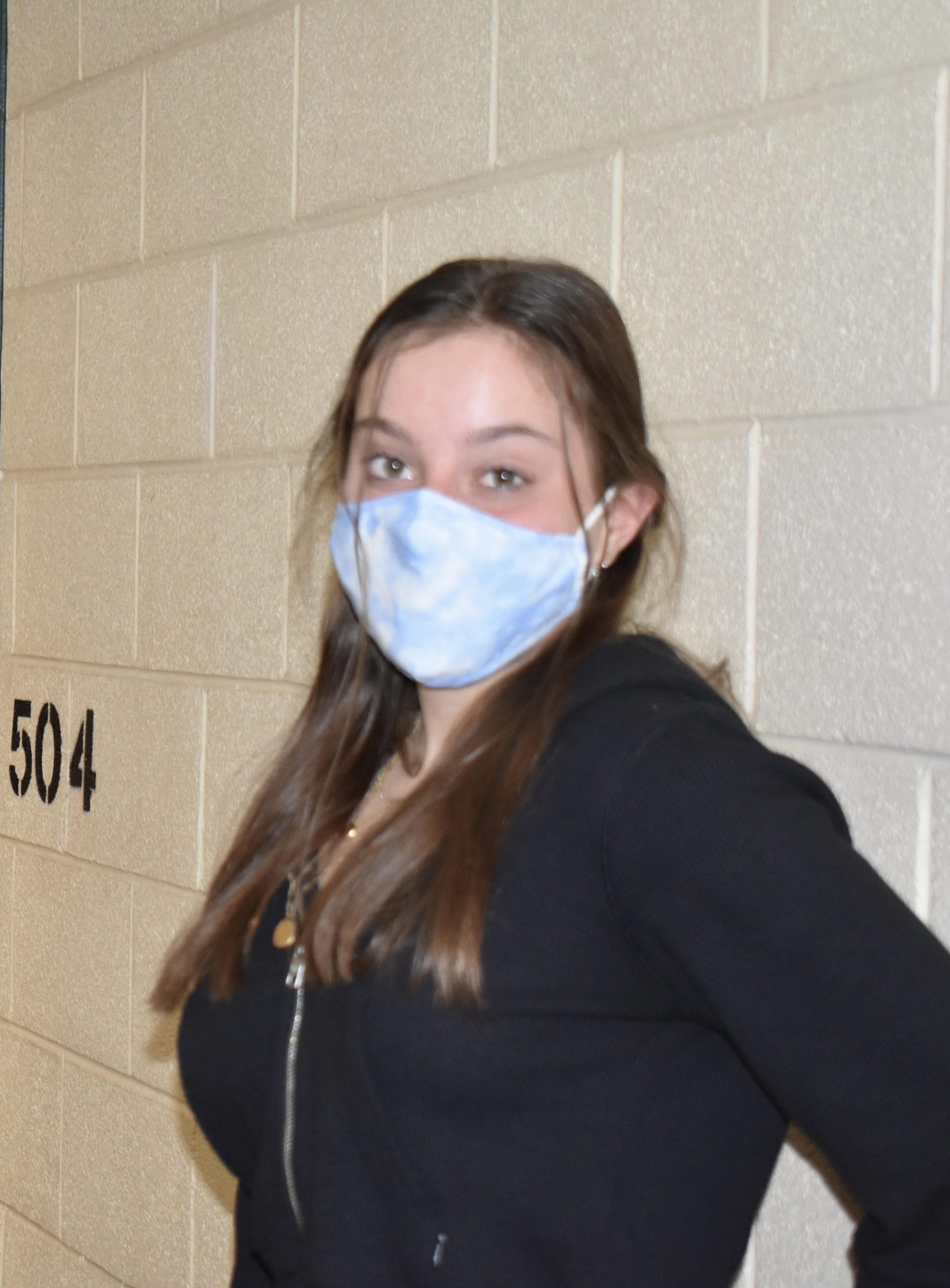What have we learnt after a year of COVID-19 in Canada?

It’s official; it’s been one year since Canada’s first confirmed case of COVID-19.
I don’t think I need to summarize the year for anyone. It’s been a nightmare of global sickness, endless isolation and too many long days wondering when we as a population will return to normalcy.
But after a year I wonder, what have we learnt as young adults, as up-and-coming contributors to the economy? Have we improved ourselves as a species? Have we devolved into antisocial primates? Are we growing?
Well, I think we have learnt a lot. Some lessons are more positive than others, but nonetheless we’re learning. Author Brian Herbert—son of Frank Herbert—once said: “The capacity to learn is a gift; the willingness to learn is a choice,” and as long as we are making that choice, we are growing.
If anything, I think we have learnt that as a species we need social interaction. Nothing has reaffirmed this fact more than isolation. It’s no secret we’ve been a little lonely since the nation wide lockdown came into effect.
Jeff Tweedy said it best in his 1999 song “How to Fight Loneliness,” backhandedly suggesting a solution of “[smiling] all the time.” We can’t ignore that we’re miserably alone right now but we can do our best to socially interact safely.
For the most part, humanity has done this well. Zoom meetings, socially distanced get togethers and Netflix Party nights have proven to be a sufficient way of staying sane in an isolated world.
But there really is nothing quite like a handshake, a hug or a spontaneous hangout with your friends. As humans, we are social animals and we thrive for carnal interactions. So, although we’re coping well, this is by no means our ideal.
As well, we’ve learnt of the importance of small businesses. We can’t deny that COVID-19 hasn’t taken a massive swing at our economy. Left and right, businesses are shutting down throughout Waterloo.
It started with the beloved Chainsaw, then Jane Bond, eventually making its way to the best craft brewery in the region: Abe Erb. The longer this goes on, the longer we stay ignorant to the facts of life, and the more we lose as a community.
We now know more than ever we must support those that rely on our business. Amazon, Walmart and conglomerates alike will survive. They garner government protection and are wealthy enough to thrive during a period of global panic.
Small, local businesses don’t have the benefits of these large companies and necessitate our support to stay open. Sure, some of this is out of our hands but those we can help, we should. Even after the pandemic is over, we need to do our best to support local businesses as a community.
We have also learnt that online education is a feasible and relatively reliable mode of learning. Of course there are flaws. During the massive downfall of snow just last week, it was basically impossible to go through an entire Zoom class without at least one connection hiccup.
I can’t speak for everyone, but online learning has made school revolutionary for me. For those with high levels of anxiety, simply logging into Zoom can be a life raft. But this isn’t always the case.
Depending on how you learn, online education can also be a major disadvantage. For some, it’s a struggle not being in class. A hands-on, cooperative style of learning can be extremely beneficial.
Even once the pandemic is over, we need to take these lessons and implement them into our daily lives. Of course, there are countless more learning opportunities than I could ever possibly jot down here, but take from this what you can and allow yourself to grow.
This is a frightening time in our existence; the least we can do is learn from it. Not everything is perfect and not every lesson is memorable, but never abandon an opportunity to better yourself.
On the most elementary level, COVID-19 has taught us how important we all are to each other; our families, our community, our country. At the end of the day, during a time when handshakes are considered rude, what we must value most are the people keeping us afloat.

